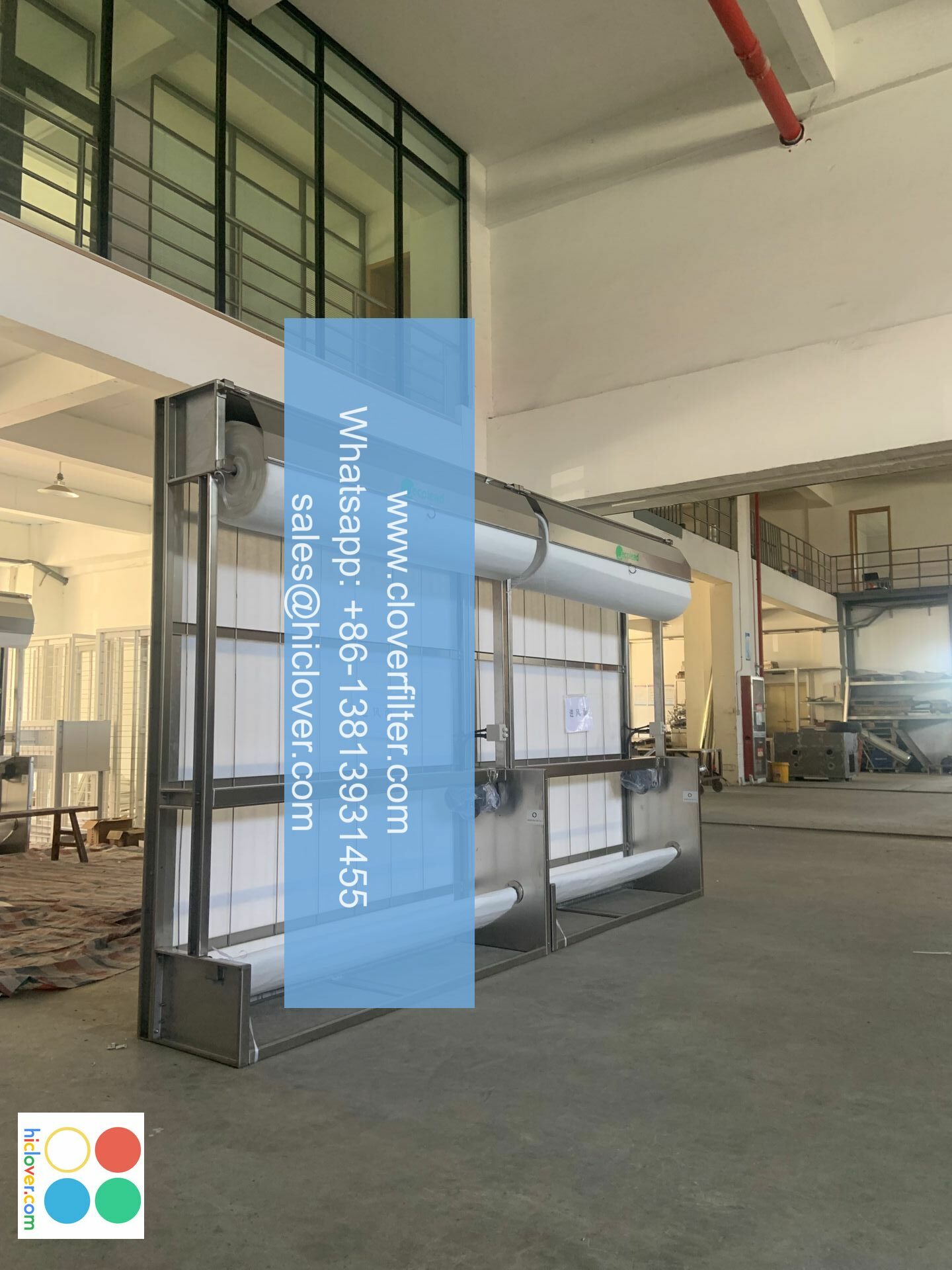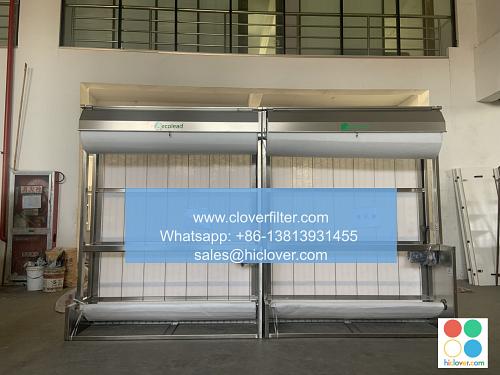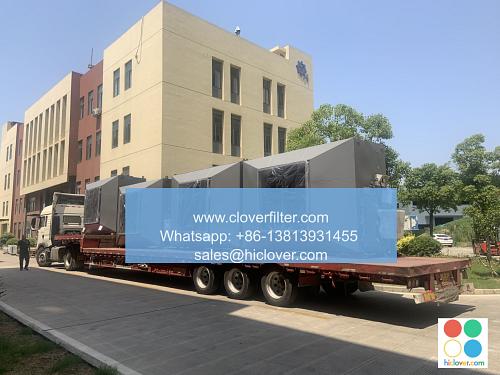Understanding Air Filter MERV Rating: Affecting Lifespan and Performance

Understanding Air Filter MERV Rating: Affecting Lifespan and Performance
What is MERV Rating?
In the world of air filtration, which is crucial for maintaining a healthy indoor environment, understanding the MERV (Minimum Efficiency Reporting Value) rating of air filters is essential. MERV rating is a standardized system that measures the efficiency of a filter in capturing airborne particles, including dust, pollen, and other airborne contaminants. In this article, we will delve into the importance of MERV rating, its impact on lifespan and performance, and its various applications.
How Does MERV Rating Affect Lifespan and Performance?
A high MERV rating indicates a filter’s ability to capture smaller particles, which in turn affects its lifespan and performance. A filter with a higher MERV rating can capture more particles, resulting in:
Better Air Quality: By capturing smaller particles, high-MERV-rated filters significantly improve indoor air quality, reducing the amount of pollutants and allergens in the air.
Increased Lifespan: Filters with higher MERV ratings typically require less frequent replacements, as they capture larger particles that would otherwise damage the filter and reduce its lifespan.
Improved System Performance: High-MERV-rated filters also optimize system performance by reducing the number of particles that can damage equipment, such as air conditioning and heating systems, and decrease the need for frequent cleaning and maintenance.
Key MERV Ranges and Their Applications
When choosing an air filter, understanding the MERV range is crucial to selecting the right filter for your specific needs. Here are some common MERV ranges and their applications:
- MERV 1-3: Basic filters, used in general ventilation systems, buildings, and small HVAC systems.
- MERV 4-8: Standard filters, used in most residential and commercial applications, including office buildings, schools, and healthcare facilities.
- MERV 9-12: High-performance filters, used in industrial, laboratory, and medical environments where high standards of air quality are necessary.
- MERV 13-16: Ultra-high-performance filters, used in specialized applications requiring extremely high air quality, such as data centers, cleanrooms, and pharmaceutical facilities.
Key Considerations for Choosing the Right MERV Rating
When selecting an air filter, consider the following factors:
- Building occupancy: Residential, commercial, or industrial.
- Particle size and type: Fine particles, coarse particles, or both.
- Airflow requirements: Smaller airflows require lower MERV ratings, while larger airflows require higher MERV ratings.
- System type: HVAC, ventilation, or industrial.
Conclusion
In conclusion, understanding the MERV rating of air filters is crucial for maintaining a healthy indoor environment, increasing filter lifespan, and optimizing system performance. By considering factors such as building occupancy, particle size and type, airflow requirements, and system type, you can choose the right MERV rating for your specific needs. Whether it’s residential, commercial, or industrial, selecting the right filter can make a significant impact on indoor air quality and overall comfort.
I’m excited to help you with your prompt! What would you like to ask or explore?


